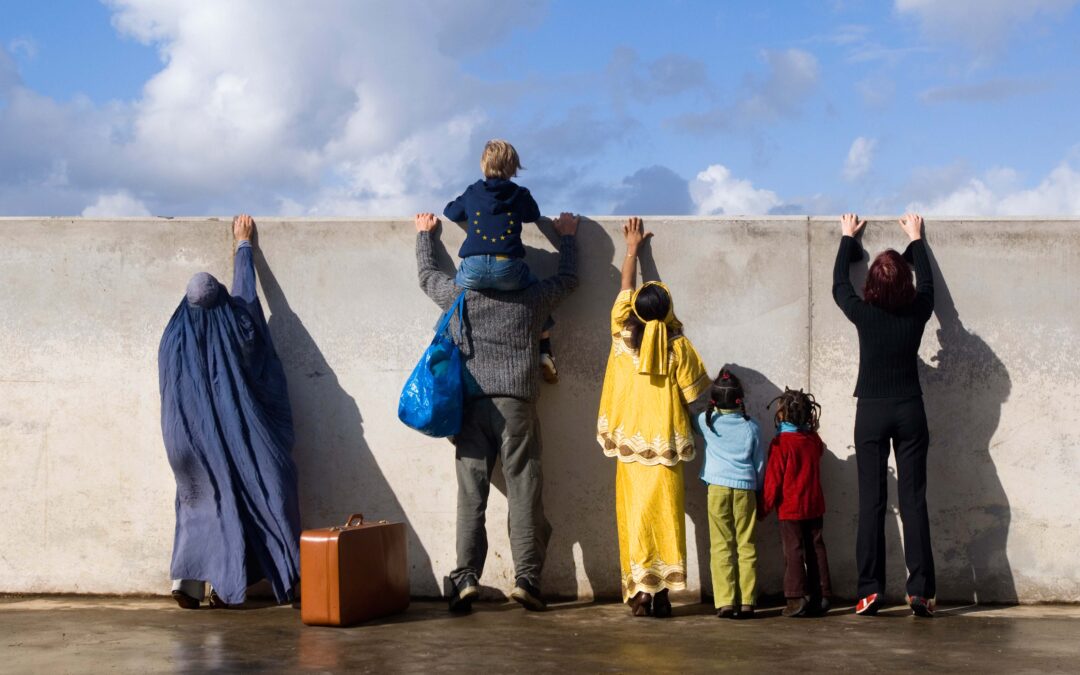
Sep 15, 2014 | Events, News
The International Commission of Jurists and the Greek Council for Refugees will hold today a two-day conference on administrative detention of migrants and asylum seekers according to international and Greek law.
The conference will address the interplay of international law, EU law and national law in the domain of administrative detention of third country nationals. With presentations given by international experts and Greek experts and practitioners, the conference will address issues such as the nature of detention, its lawfulness, conditions of detention and treatment and judicial review of situations of deprivation of liberty.
Greece-conference-detention-ICJGCR-2014 (programme in English)
Greece-conference-detention-ICJGCR-2014-greek (programme in Greek)
Migration_and_International_Human_Rights_Law_Greek_materials (Collection of case law materials in Greek)
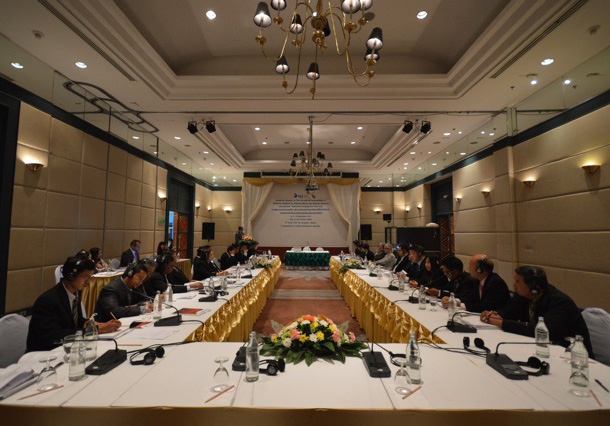
Sep 13, 2014 | News
On 11-12 September 2014, the ICJ held an academic seminar on “The Principle of Inadmissibility of Evidence Obtained by Unlawful Means and Hearsay Evidence: International Standards Compared to Thai Law” for Judges, prosecutors and lawyers working in Thailand’s deep South.
The objective of the seminar held in Hat Yai was to discuss the provisions of the Thai Criminal Procedure Code that address hearsay and unlawfully obtained evidence and compare them to international standards.
Speakers at the seminar included Justice Jaran Pakdeethanakul of the Constitutional Court of Thailand; Associate Professor Narong Jaiharn, Dean of the Faculty of Law, Thammasat University; and two international Judges who spoke about the approach to hearsay and unlawfully obtained evidence in the inquisitorial and adversarial legal systems.
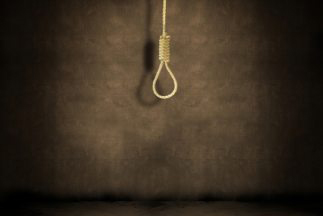
Sep 12, 2014 | News
The ICJ urgently calls on the Pakistani Government to halt the imminent execution of Shoaib Sarwar, scheduled to take place on 18 September 2014.
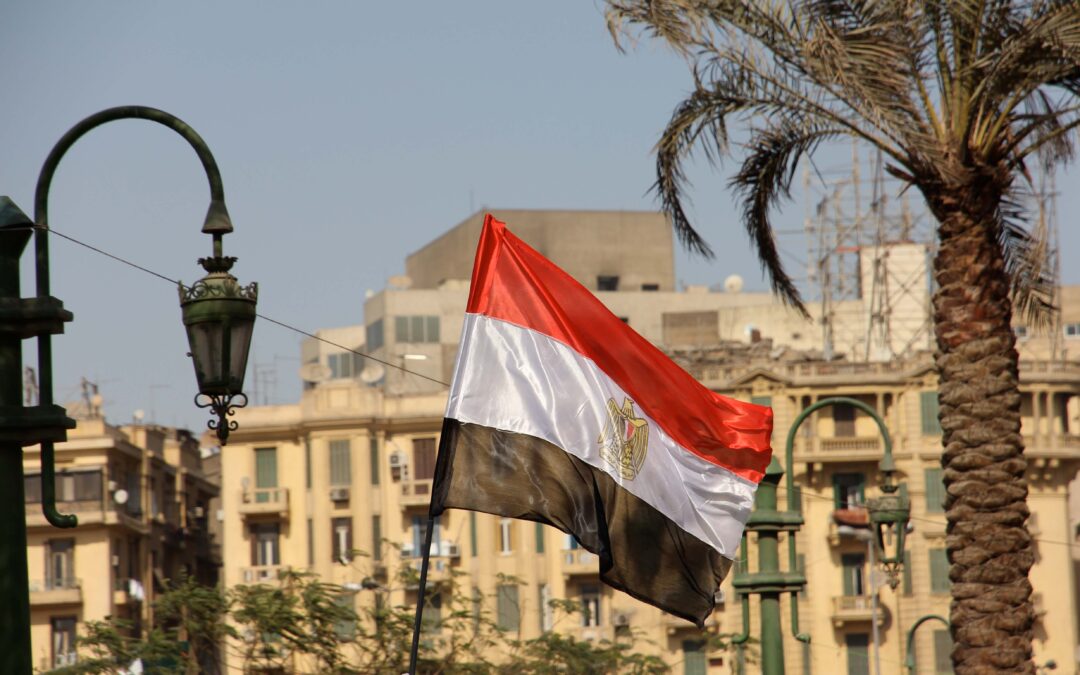
Sep 10, 2014 | News
The ICJ calls for the immediate and unconditional release of the 23 individuals, most of who are human rights defenders, arrested on 21 June 2014 in the context of a peaceful protest in Heliopolis, Cairo. All charges against them should be dropped.
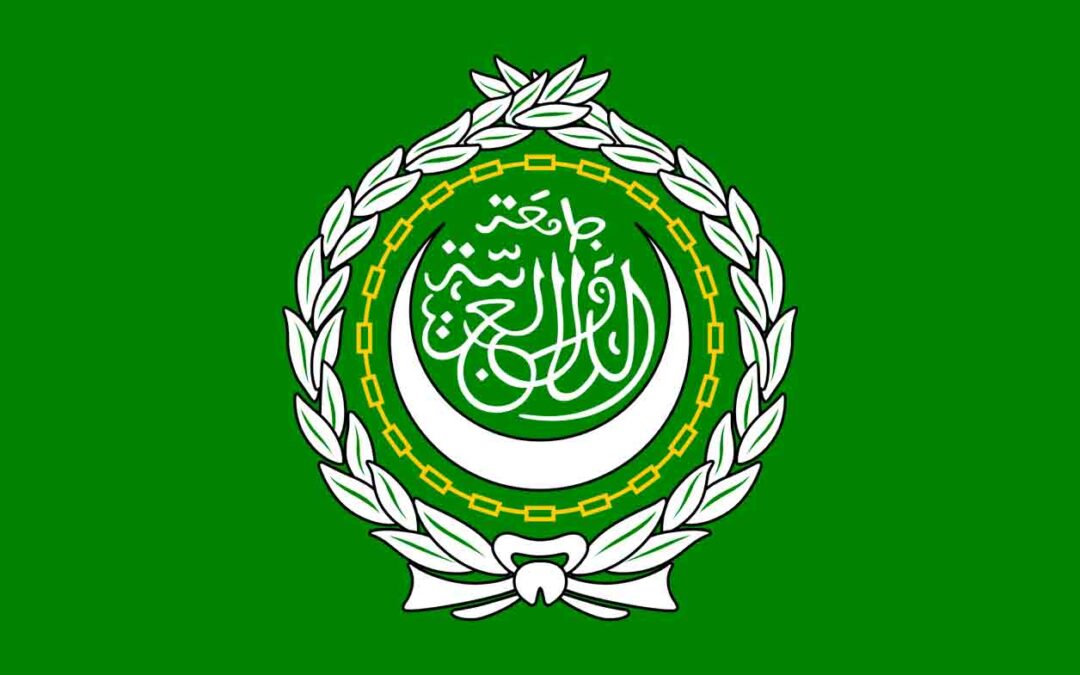
Sep 9, 2014 | News
The ICJ today dismissed the adoption by the League of Arab States (LAS) of the Statute of the Arab Court of Human Rights as an empty gesture that will do nothing for the victims of human rights violations in the Middle East and North African (MENA) region.
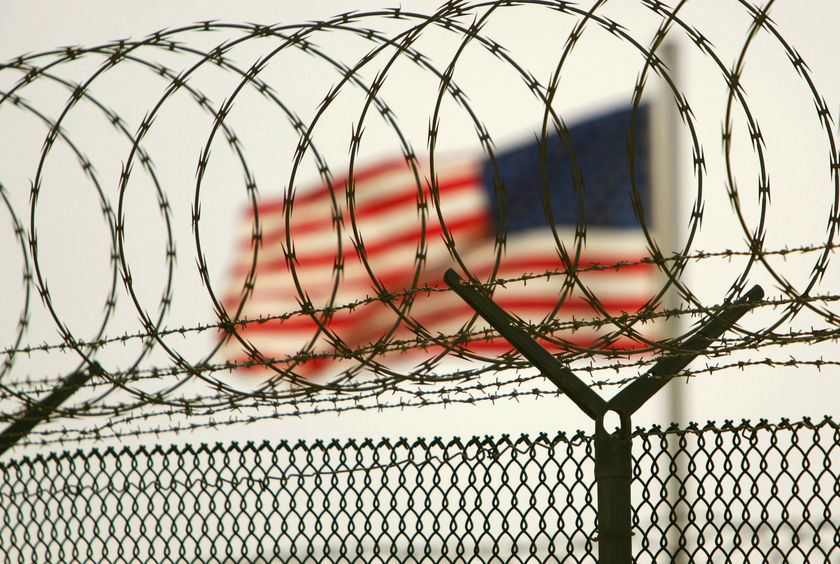
Sep 4, 2014 | E-bulletin on counter-terrorism & human rights, News
Read the 85th issue of ICJ’s monthly newsletter on proposed and actual changes in counter-terrorism laws, policies and practices and their impact on human rights at the national, regional and international levels. The E-Bulletin on Counter-Terrorism and Human...










